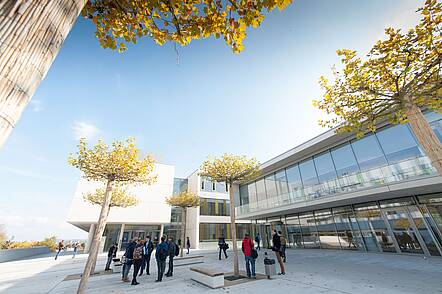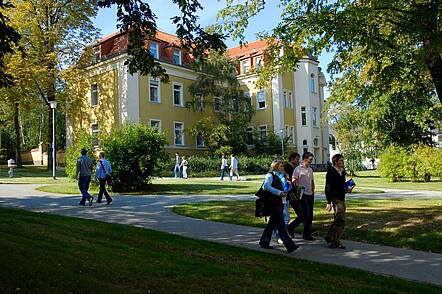Results 1685 of 9.332 total
Your search criteria Study Type: Undergraduate Degree: Baccalaureate / Bachelor Teaching degree: show all Subject Group(s): Teaching DegreesClassic Archaeology Combined degree course History and Cultural Studies
Quick Overview
- University University of Giessen
- Degree Magister Artium/Magistra Artium (M.A.)
- Degree Master of Arts, M.A.
- Study Type Second cycle
- Mode of admission without admission restriction
-
Deadline for Beginning Students
01.06.2024 —
01.09.2024
Für Weiterbildungsmaster gelten abweichende Fristen siehe http://www.uni-giessen.de/cms/studium/bewerbung/ergaenzung_aufbau - Standard period of study (amount) 4 semesters
- Study Mode (elucidation) full time
- Location (main / branches campus) Gießen
- Admission semester winter semester
-
Subject
- Areas of Concentration Material Culture of Antiquity, Museum Studies, Exhibiting and Collecting, New Discoveries and Research, Visual Media of Antiquity
















